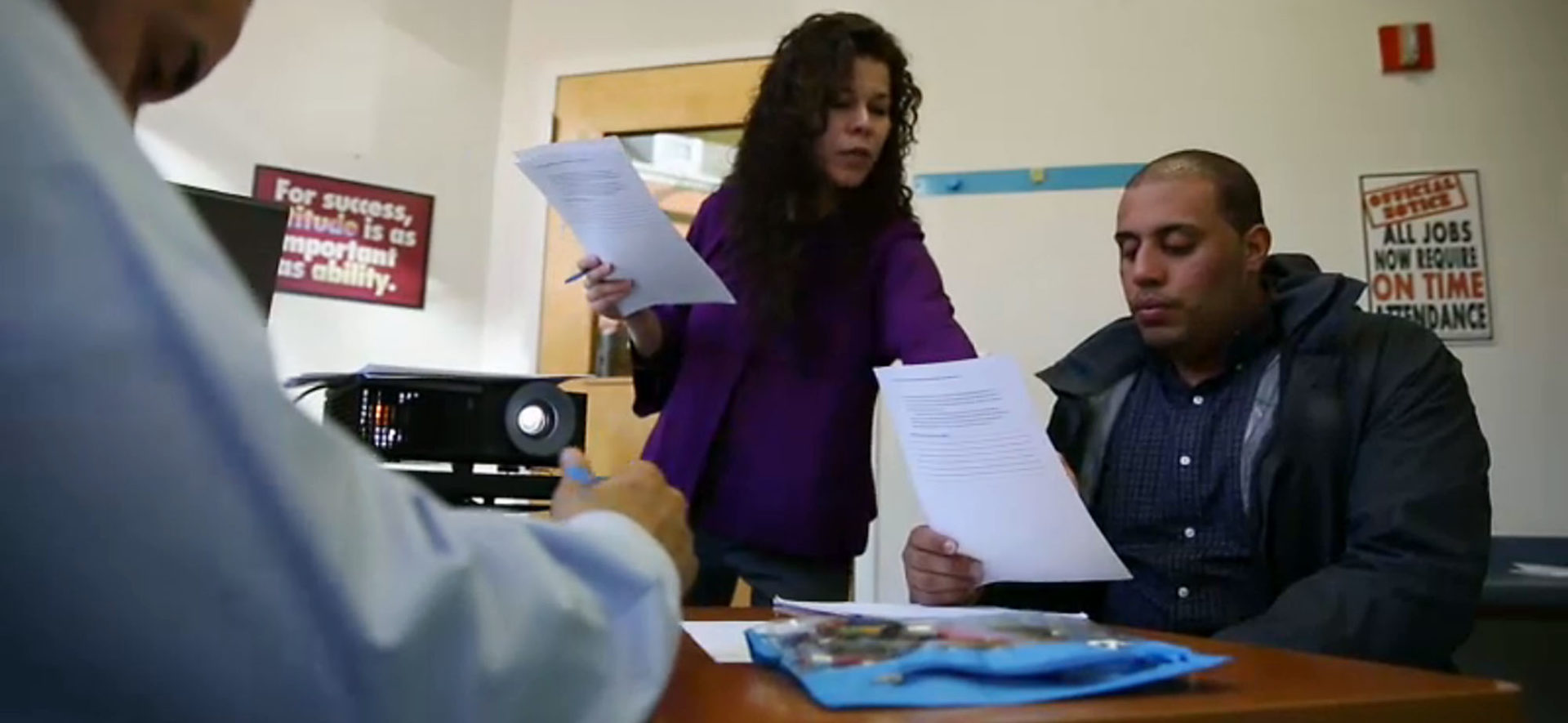In Massachusetts, Governor Deval Patrick has launched a $27 million initiative that he hopes will keep at-risk youth out of jail, reduce crime, and promote safer communities. That may sound like a tall order — after all, it’s more difficult than ever to get funding for social services these days — but the government isn’t fronting the cost, and neither are the taxpayers. Instead, the Massachusetts Juvenile Justice Pay for Success Initiative will be funded by organizations like Third Sector Capital Partners, New Profit Inc., Living Cities, the Laura and John Arnold Foundation, and Goldman Sachs, among other private and nonprofit investors, through the largest social impact bond ever created in the U.S.
Social impact bonds are a new type of philanthropy that involves a partnership among the government, nonprofit organizations and private-sector investors. Here’s how they work: a government identifies a social problem in the community and contracts with private investors who raise money to fund a solution and (hopefully) achieve a pre-determined goal. Participating nonprofits manage the project — in the case of the Massachusetts’s initiative, Third Sector Capital Partners, a nonprofit advisory firm, will serve as the project intermediary, while Roca, a local charity that aids high-risk young men, will provide the services — while a third party conducts a rigorous independent evaluation at the conclusion to determine if it achieved the desired outcome. Only then will the government (and taxpayers) pay the investors back. Therefore, Social impact bonds (otherwise known as Pay for Success initiatives) is a minimal risk to taxpayers, while allowing nonprofits to use their already-established resources to make a significant societal change.
MORE: In the Do-Nothing Congress, These Lawmakers Got Things Done
In Massachusetts, the new Pay for Success initiative will allow Roca to provide job training, counseling and other services to 929 at-risk young men between the ages of 17 and 23, all of whom are currently in the juvenile justice or probation system. Roca has a specific model that it uses to keep its participants out of jail and employed. Its four-year program consists of two years of intensive support from a youth worker, followed by two years of follow-up, and has a proven track record. Out of 115 young men participating in the final two years of the program, 89 percent had no new arrests, 69 percent retained employment for three months and 95 percent had no new legal violations, according to Fast Company. The social impact bond’s success will be determined by Roca’s ability to reduce the number of days participants spend in jail by 40 percent, and improve these young mens’ employment options. If Roca’s services are proven to produce these positive outcomes — in turn saving Massachusetts millions — the government will begin making “success payments” to the investors. “By working with our partners at Roca, the Pay for Success initiative will allow us to marry smart financial solutions with programs proven successful in helping high-risk youth become employed, stay employed, and break the cycle of violence,” Patrick said in a press release.
ALSO: How to Get People to Save When All They Want to Do Is Play the Lottery
Massachusetts recently received an $11.7 million grant — the first of its kind — from the Department of Labor to help fund this Pay for Success initiative. The additional funding will help with success payments and enable the state to extend the project, should it be successful, to an additional 391 young men, thereby serving a total of up to 1,320 young men over nine years. On a larger scale, these social impact bonds are an innovative way for governments to try to fix some of the largest social issues facing the nation, without risking taxpayer backlash. Colorado, New York, Ohio, South Carolina and other states are pursuing Pay for Success initiatives. The only question is: which state will be next?
MORE: Seattle Readies ‘Financial Empowerment Centers’ for Low-Income Residents

 "
"